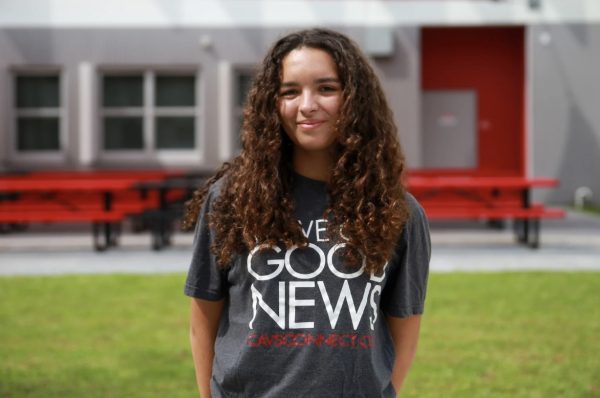There is a fairly common saying that goes, “High school is what you make of it”. By the same token, a college experience is dependent on what a student makes of it.
College application season is rolling, which means that prospective students are beginning to invest in their futures. In light of this, many tend to gravitate towards big name schools as opposed to selecting institutions where they can make the most of their college experiences. Ultimately, teenagers should avoid associating a college’s brand with a superior college experience.
In 2024, the number of college applications submitted through CommonApp increased by 6% from the previous academic year. During this window, Ivy League colleges such as Yale and Pennsylvania received the largest application pools in their histories. Other reputable brands such as the University of Florida received over 50,000 applications in the past year.
So, why are first-year students more inclined to attend big name schools?
Per Crimson Global Academy, top universities attract students because they advertise a world class education, career-oriented opportunities and diverse communities. Other factors that play a role in shaping college lists are the college’s ranking, legacy benefits, athletic reputation and party life.
“I applied to some of my colleges because of the name, for example, University of Chicago. Mainly because it is a privilege, and there are many people that want to attend,” senior Alejandro Hernandez said.
The big name schools attract numerous students for a reason. Let’s get that straight. These institutions pave the way for students looking to earn jobs or enter graduate school in their respective fields. However, students ought to look beyond a school’s reputation and prioritize their needs, especially the surrounding environment, financial aid and the academic fit.
Numerous opportunities exist that can assist students in feeling out a college campus. Most colleges offer in-person tours where students can inquire about specific communities within the school. Additionally, multiple schools offer virtual tours and/or informational sessions for those willing to take a sneak peek into their environments. At the end of the day, students should have an idea of what they are signing up for.
“The environment surrounding the college is definitely an important factor, because if you are going to study in a place for multiple years, you want to make sure you feel at home there,” junior Alexander Ridoux said.
The academic identity of colleges is another factor students ought to prioritize. Beforehand, it is important to conduct research on the academic programs to find a learning environment that suits them. A school that emphasizes the liberal arts and another school that focuses on the sciences may look very different.
“There is definitely a college culture where people obsess over the brand rather than their education. The best way students can avoid this is by really evaluating why they are choosing the schools they are. Is it for a specific program, professor, research opportunity? If they can answer any one of those questions than they have the foundation of why they want to attend,” Mr. Michel said.
While big name schools offer a great education, many students bypass the sticker price that comes with the acceptance letter. On average, public state colleges charge tuitions between $9,000 and $12,000 a year. On the other hand, the average out-of-state tuition and fees for Florida residents attending private schools is around $28,000.
College is expensive. Thus, students can make a difference for their future bank accounts in the future by weighing the financial aspect of college. There are plenty of lesser known schools that direct a good percentage of their institutional aid budget to awarding merit scholarships. Carnegie Mellon University, for example, spends less than 7% on merit-based aid while nearby, Case Western Reserve spends nearly 40% of their budget on these types of financial packages.
“I think a lot of the time people look at the college for the name when it might not be for them. It’s important to determine what college is best for your academic needs, financials, for where you want to live and other factors… Often, students overlook some colleges when they talk to people because they base their judgments on what others said. Therefore, it is important to research what the school has to offer right now,” senior Anthony Marrero said.
Prestigous colleges offer many advantages, but students should avoid making their decisions solely based on the school’s brand. The ideal college experience is one that aligns with a student’s academic goals, financial capabilities and personal preferences. It is important to research thoroughly to determine where a student can make an impact.
“While I do think that going to a big name school is phenomenal, it is important to realize that at the end of the day, where you go does not matter as much as the amount of work that you put into it. If you are going to go to [the University of South Florida] and you really put yourself out there, you’re going to be successful in life. The same goes for Harvard or Yale or Cornell. It’s all about the work that you put into it,” sophomore Carolina Sesin said.
All that to say, a plethora of online resources such as the College Board to guide students towards schools that have solid academic programs. Furthermore, participating in college fairs and visits can be extremely helpful, many of which are provided at Coral Gables Senior High. As college application season approaches, it is important to make educated choices for the future.

















